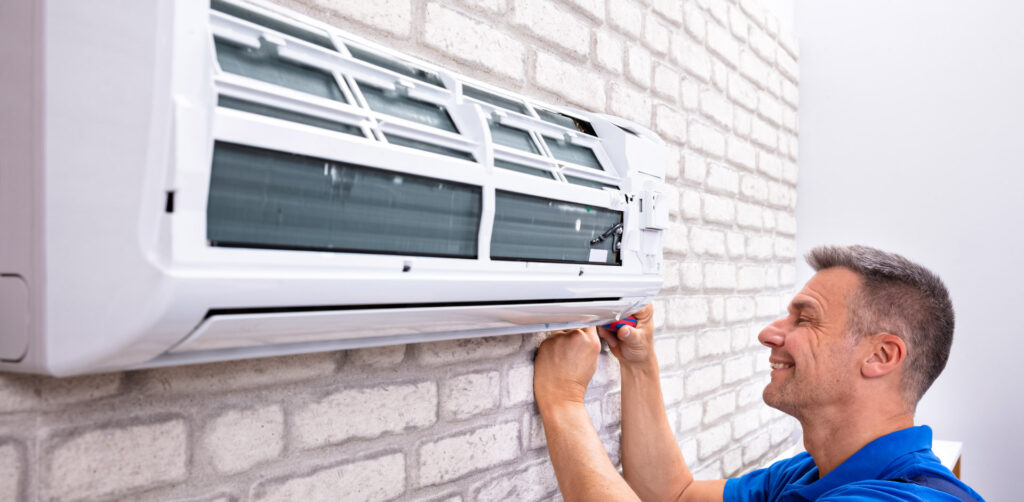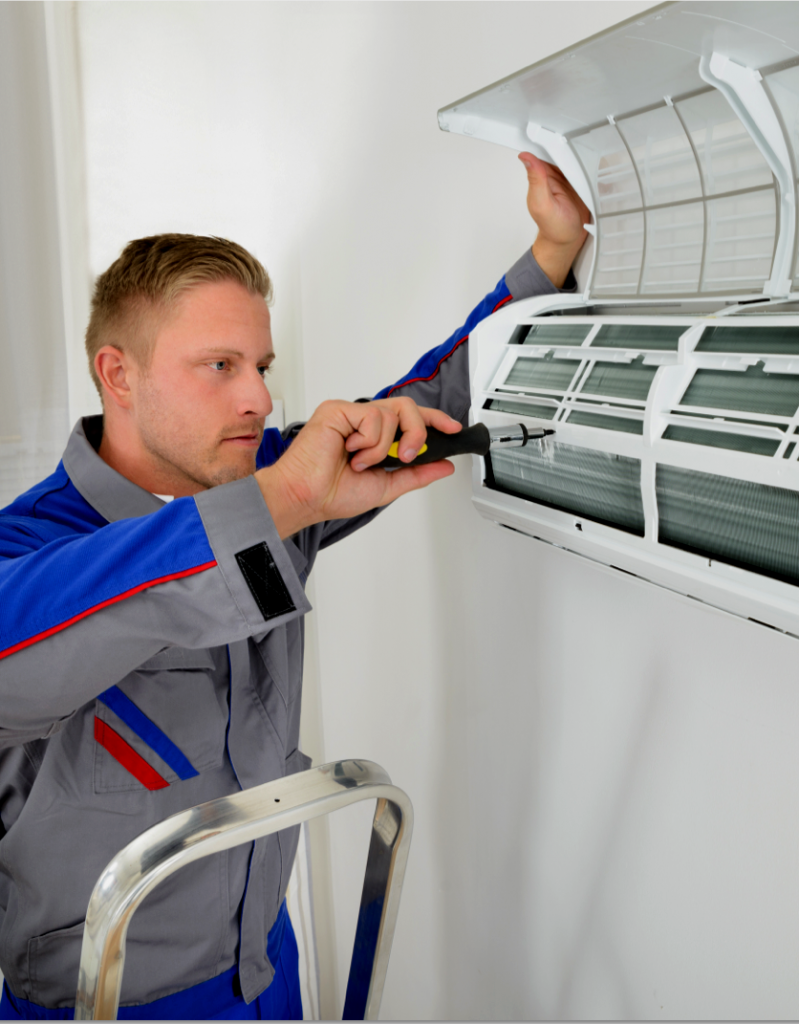The Cost Of Replacing Your Hvac System: A Guide For Homeowners
Homeowners understand the importance of a properly functioning HVAC system in providing comfort and energy efficiency.
It is equally important for homeowners to be aware of the cost associated with replacing their existing HVAC systems, as well as factors that may influence those costs.
This guide offers an overview of what homeowners should consider when evaluating a potential replacement system for their homes.
The information provided will assist homeowners in making an informed decision about whether or not they can afford such a system and if so, which type would best meet their needs.
A variety of resources are also referenced throughout this article to provide additional detail on any particular subject matter relevant to homeownership.
With this knowledge at hand, readers will gain greater insight into how much it could cost them to replace their current HVAC system – enabling them to make decisions based on reliable data points.
Assessing Your Current System
It is important to assess your current HVAC system before making a decision about a replacement. Evaluating usage will give you an idea of how much energy the unit has used in its lifetime, giving you insight into whether or not it is still a viable option for keeping your home comfortable.
Assessing maintenance can also provide valuable information on how well the system has been cared for over time, and may even help predict when problems could arise in the future.
When assessing your current HVAC system, be sure to look at both internal and external components. Check for any signs of wear such as dust accumulation or uneven heating/cooling throughout your house – these could indicate that parts need replacing or that overall efficiency is decreasing.

Calculating System Efficiency
The energy efficiency of a new HVAC system is an important factor in the overall cost to homeowners. A system that maximizes its energy efficiency will not only save money on monthly operating costs but it can also significantly reduce installation costs.
By understanding how to calculate the efficiency rating of a potential system, homeowners can make informed decisions and select the best systems for their needs.
When assessing the energy efficiency of a specific system, there are several factors that need to be taken into account. The size of your home, the climate you live in and the type of heating and cooling equipment installed all play a role in determining your home’s overall energy efficiency.
Additionally, proper maintenance can ensure that your HVAC system remains efficient over time; this includes changing air filters regularly and scheduling regular tune-ups with trained professionals. Taking these steps helps to keep installation costs down while ensuring maximum performance from your chosen system.
Considering System Size And Capacity
Accurately evaluating your home’s cooling and heating needs is the first step in replacing an HVAC system. An HVAC contractor can help you determine which type of system best suits your home, family’s lifestyle, budget, and comfort level.
When choosing a new system size, it is important to consider factors such as square footage and local climate conditions. Additionally, comparing brands of HVAC systems based on efficiency ratings from Energy Star can help you find one that meets your energy-saving goals without sacrificing quality or performance.
It’s also wise to ask for references from previous customers who have had similar installations done in order to make sure you are getting the most cost-effective option available.
Taking these steps will ensure that you end up with the best possible replacement for your current HVAC system at a price point that fits within your budget. With the right research and planning, finding a suitable replacement for an old HVAC system does not need to be difficult.
Understanding Different System Types
Investing in a new HVAC system is an important decision for homeowners. It requires careful consideration of the cost-effectiveness and features available to ensure that you get the best value for your money.
Evaluating cost-effectiveness involves comparing different systems on the market, including their purchase price as well as any additional installation costs associated with each one.
Comparing features allows you to determine which type of system meets your needs while staying within your budget.
Comparing Prices And Warranties
When considering the cost of replacing an HVAC system, homeowners should examine installation costs and investigate warranty coverage.
The average installation cost for a new system is between $4,000 to $14,000 depending on the size of the home and type of equipment chosen. It’s important to remember that labor makes up most of these costs so it may be worth investing in professional services from an experienced contractor rather than trying to handle the project yourself.
Most manufacturers offer extended warranties that cover parts or even total replacement for any defects. While this peace-of-mind can sometimes come with a price tag, many systems have no additional charge for longer term warranties and can ultimately provide significant savings over time by reducing repair bills or eliminating them altogether.

Seeking Professional Advice
When considering a new HVAC system, it is important to understand the costs involved. Seeking professional advice can help homeowners navigate through the financial and technical considerations of a replacement HVAC system.
Homeowners should begin by researching Mesa local contractor specialized in AC installation and maintenance. Obtaining quotes from multiple sources will help them get an idea of the cost associated with replacing their current systems.
With careful consideration of financial obligations and assistance from knowledgeable professionals, homeowners can confidently select a quality replacement system that meets their budgetary requirements while providing reliable service throughout its lifespan.
Exploring Financing Options
Having received professional advice, homeowners must now explore their financing options. Investing in a new HVAC system is no small expense and many individuals have limited financial resources to cover the cost. Fortunately, there are several ways to pay for an upgraded system.
One of the most attractive financing solutions is exploring grants from local or state governments that provide assistance with energy-efficient upgrades. Grants can help offset some of the costs associated with replacing an old HVAC system, making it more affordable for homeowners who may not be able to afford the full price upfront.
Homeowners should also consider other investing options such as taking out a loan or using home equity if they own real estate property. Financing through credit cards and personal loans should also be considered when looking at available options. All these approaches require careful research and planning before committing to them so homeowners should take time to compare each option’s terms and conditions against their individual needs and budget limitations.







